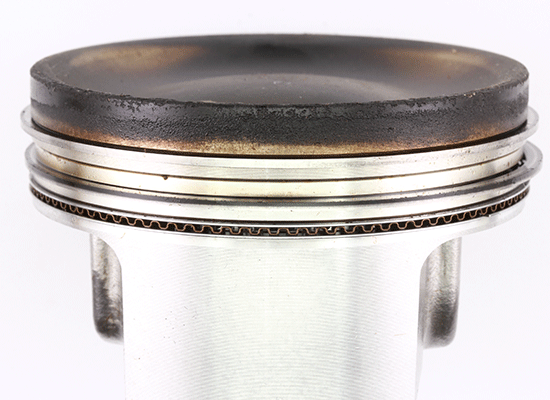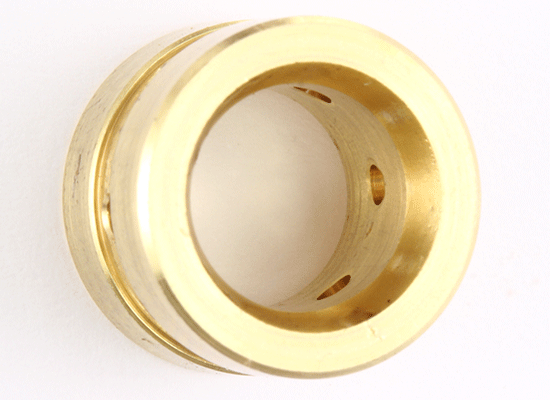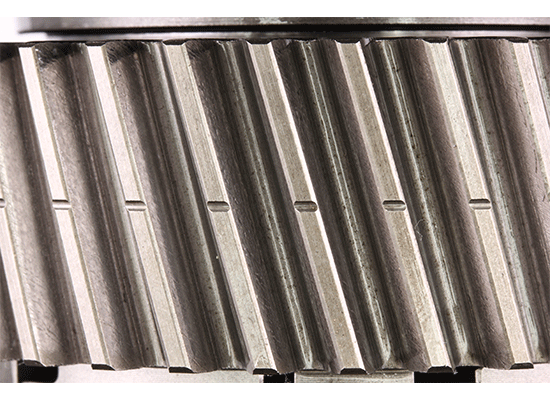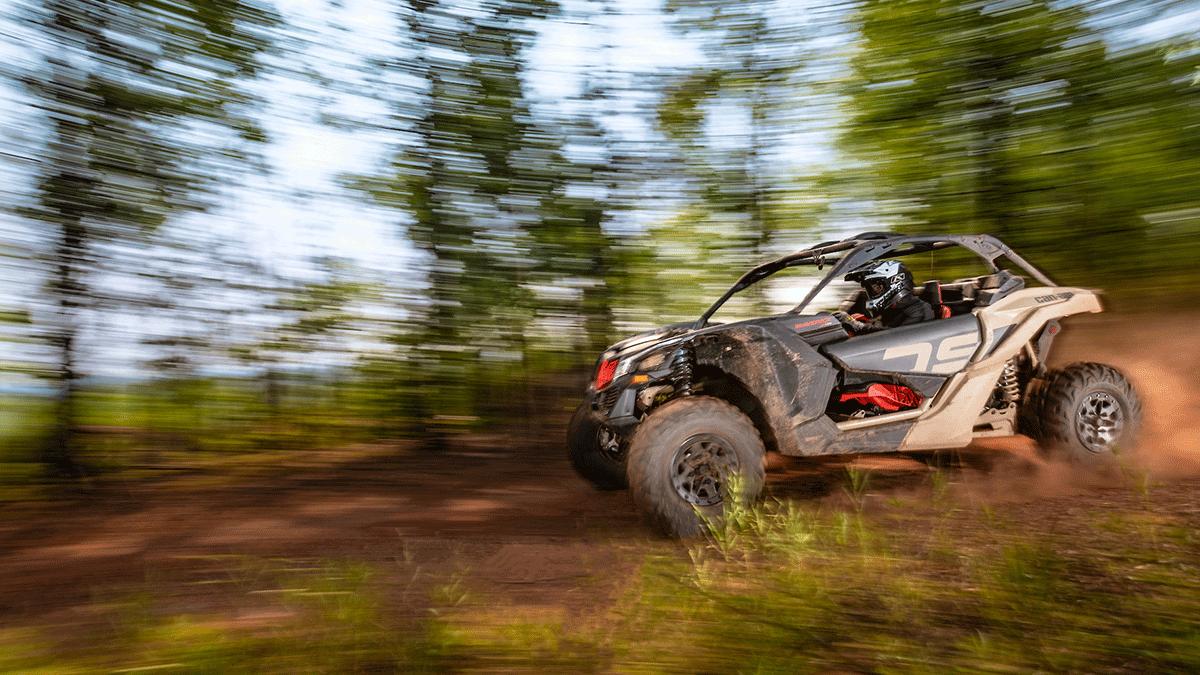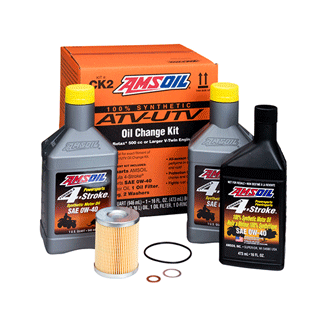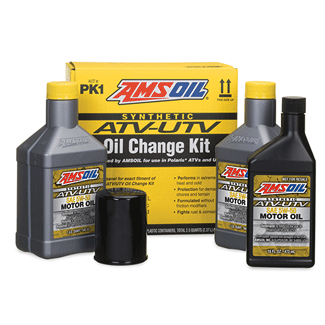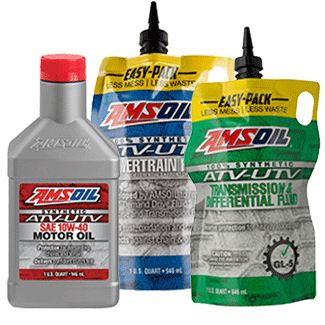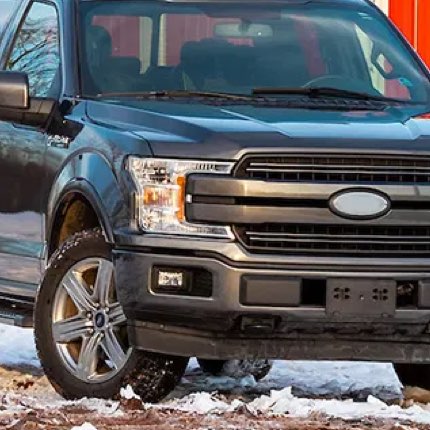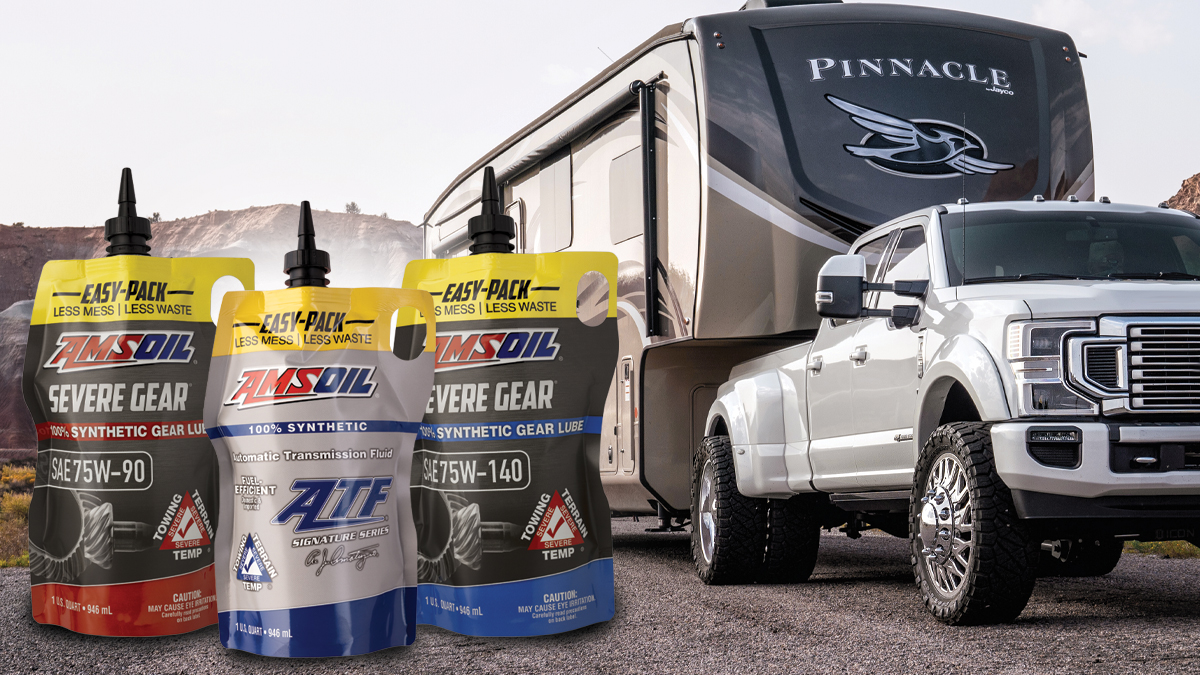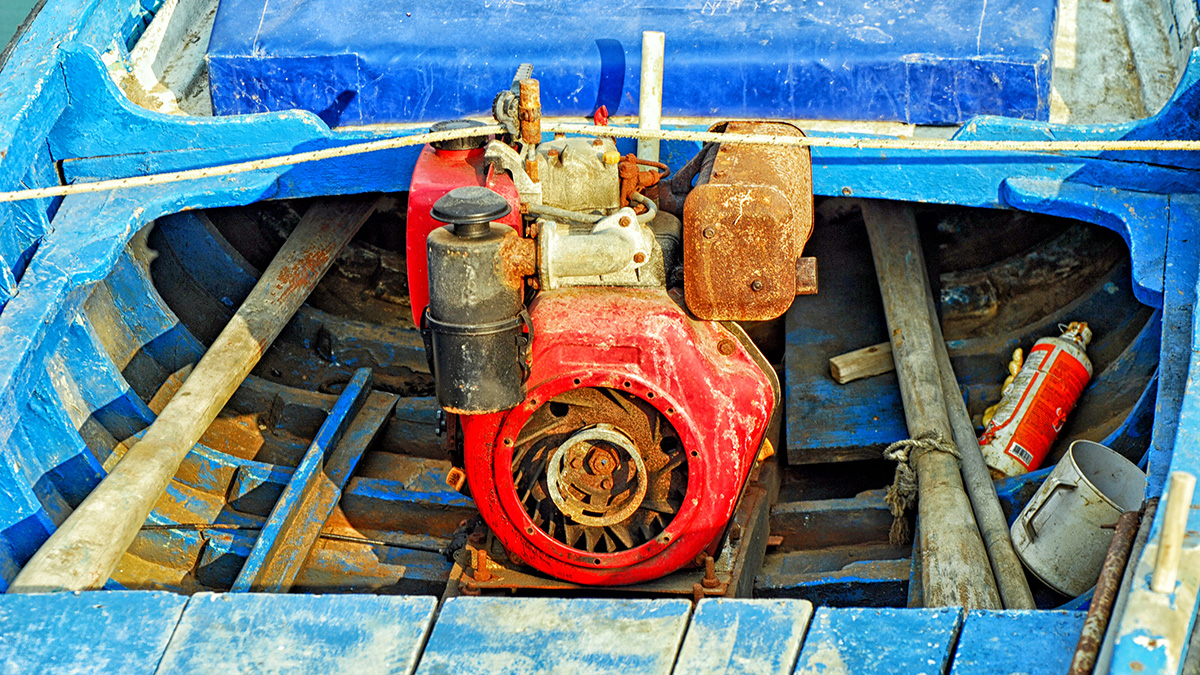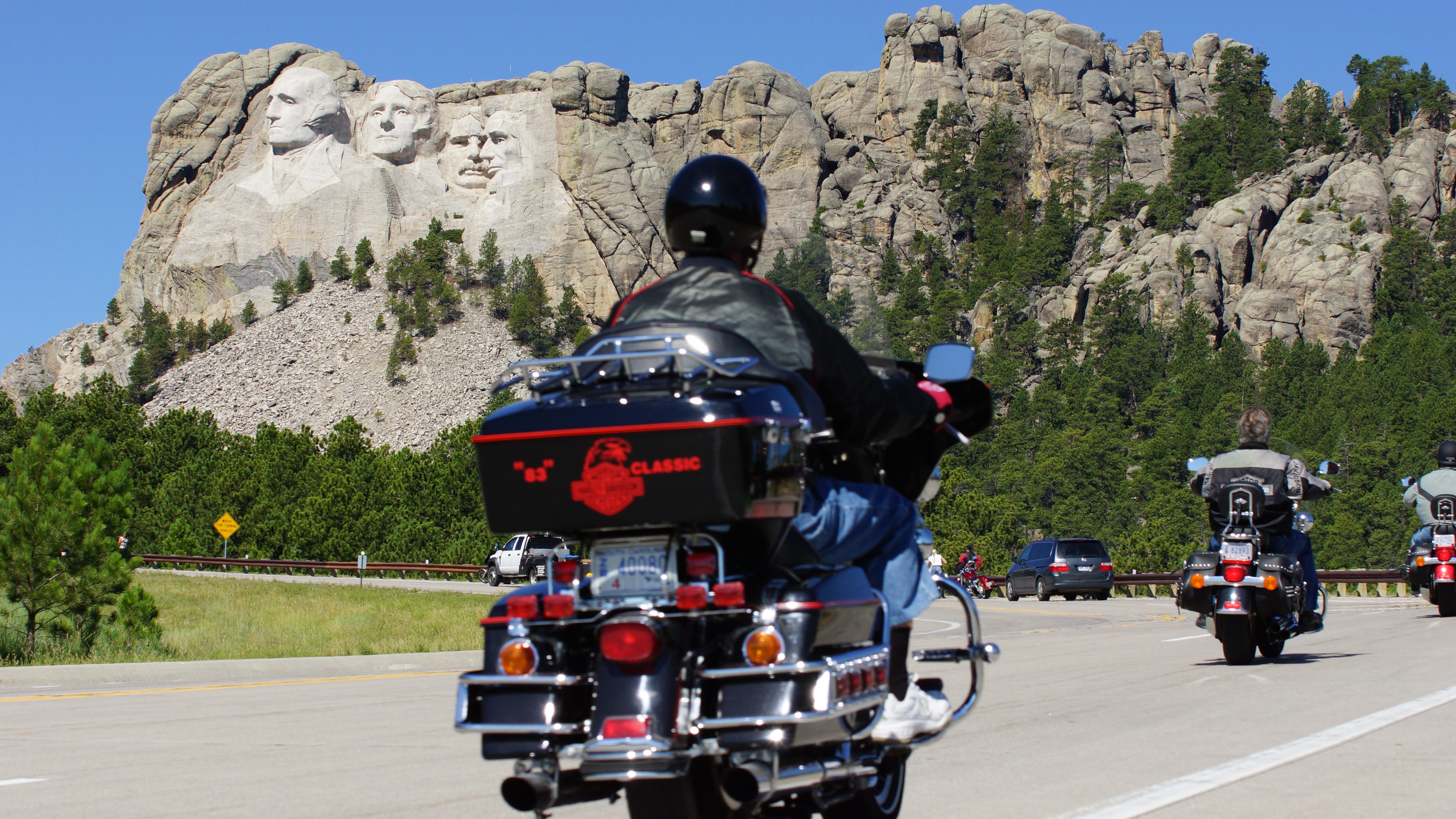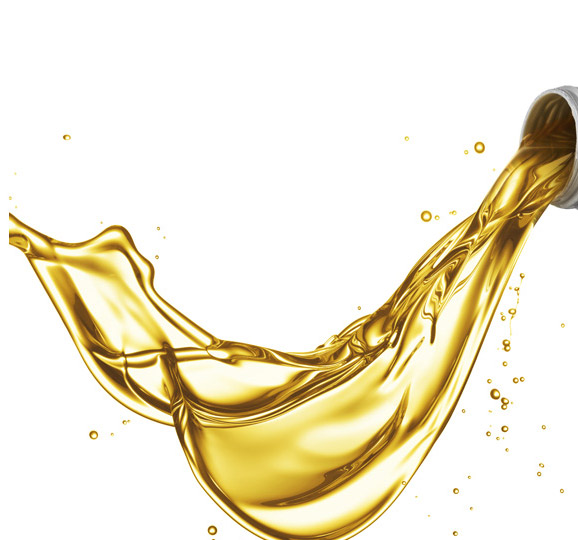ATV vs. UTV
There has been remarkable growth in the off-road market as people seeking outdoor entertainment have been buying ATVs and UTVs faster than manufacturers can make them. The two primary use-case scenarios for off-road vehicles are recreation and utility, both of which require high-performance lubrication.
First, let’s discuss a few differences between these two types of vehicles.
ATV is the acronym for All-Terrain Vehicle, but they are frequently called four-wheelers or quads. While ATVs once came in a three-wheeled variety, all current models are two-track vehicles with either four or six wheels. The seat is straddled by the operator and up to one passenger and steering is controlled by handlebars, like a motorcycle. Throttle is usually controlled with a thumb switch.
UTV is an acronym for Utility Terrain Vehicle, though some call them a utility task vehicle, or simply utility vehicle. They are commonly referred to as a side-by-side or SxS. Designed more like an off-road golf cart, UTVs typically have bench or bucket seats with the driver and passenger sitting next to each other, plus a steering wheel and foot pedals for acceleration and braking, like a car. Due to their larger size, additional passengers can be accommodated in a second row of seats in many models, and they also come in both four- and six-wheel configurations.
ATVs are typically shorter, narrower and more compact, which benefits in overall weight, maneuverability, storage space requirements and cost.
UTVs are typically larger and benefit from more payload, towing, passenger and storage capacity. UTVs are also more highly customizable for personal preference and offer additional safety features including windshields, roll cages and seat belts.
Both are capable off-road vehicles, so the decision is often between recreational or utility usage. However, manufacturers continue to blur the lines, making both sport- and utility-oriented vehicles on both ATV and UTV platforms.
Manufacturers blur the lines, making both sport- and utility-oriented vehicles on both ATV and UTV platforms.
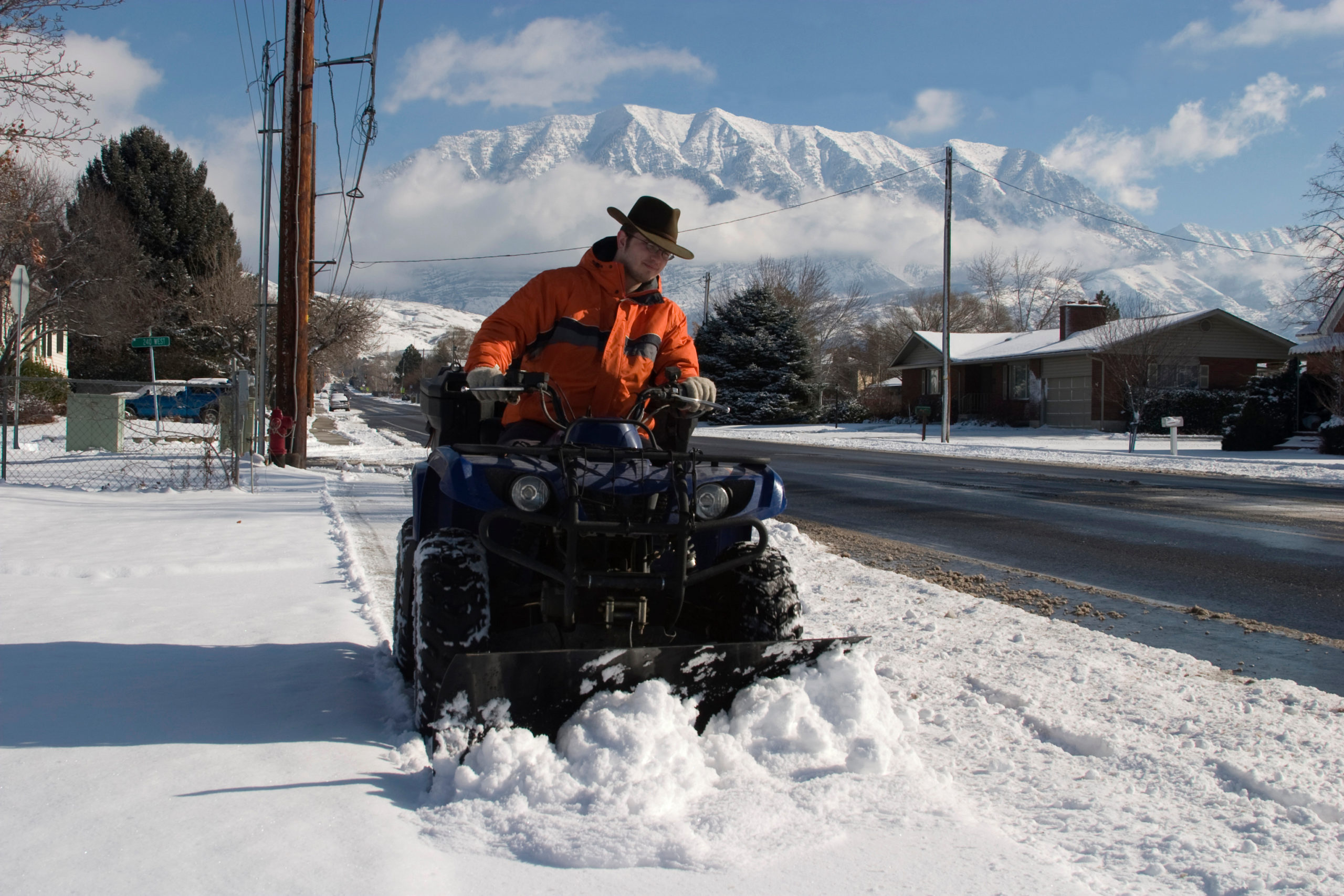
ATVs & UTVs are Designed for Severe-Service
Whether at work or at play, enthusiasts drive their vehicles hard, and off-road conditions take a tremendous toll on everything from the engine to the shiny finish. As such, it’s imperative to maintain your machines, which means you’ll want the best lubricants available.
ATVs and UTVs are the jack-of-all-trades when it comes to productivity. They can plow snow; herd livestock; haul dirt, gravel and rock; pull stumps and, my favorite, help you move several cords of firewood each season. They can alternately be used to joyride through the woods, mud, sand dunes or snow.
Pushing your machine hard takes a toll on the engine. It also increases heat and stress, which can break down the oil and lead to wear and deposits that reduce power and performance.
For ATV and UTV lubrication applications, let’s start with an engine oil for powerful off-road machines primarily used to get work done.
ATVs and UTVs can plow snow, herd livestock, haul loads, pull stumps, or simply joyride through woods, mud, snow and sand.
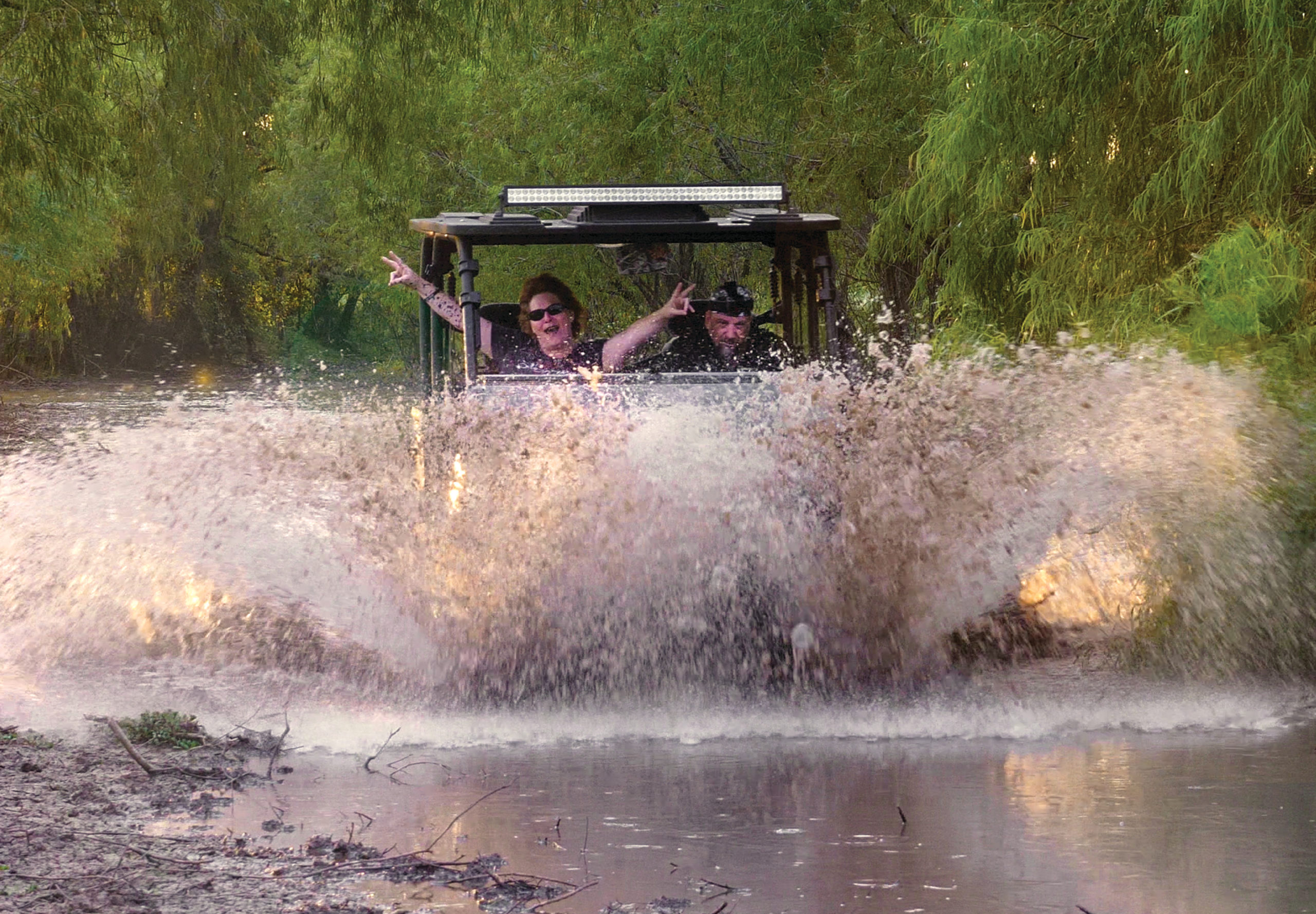
Polaris* Ranger* Extreme Torture Test:
To demonstrate protection in a high-stress unit used mostly for utility work, we installed AMSOIL Synthetic ATV/UTV Engine Oil in a 2018 Polaris Ranger and exposed it to extreme operating conditions in our mechanical lab. To achieve maximum power output, speed was held at 45 mph (72 km/h) while the throttle was wide open with rpm exceeding 6,000, pushing the engine and transaxle to their limits.
- Transaxle temperatures exceeded 280°F (138°C).
- Engine oil temperature rose to 280°F (138°C)
- Continuously variable transmission (CVT) belt temperature hit 270°F (132°C)
In these conditions, lubricants must withstand heat far beyond normal conditions to continue protecting precision engine parts. After 100 hours and 4,000 miles (6,437 km) of torture, the engine and transaxle were torn down.
Despite the extreme heat, AMSOIL 100% synthetic base oils and fortified antioxidation additives helped maintain the oil’s normal operating viscosity and delivered flawless protection, keeping pistons, cylinders, cams and transaxle gears in like-new condition.
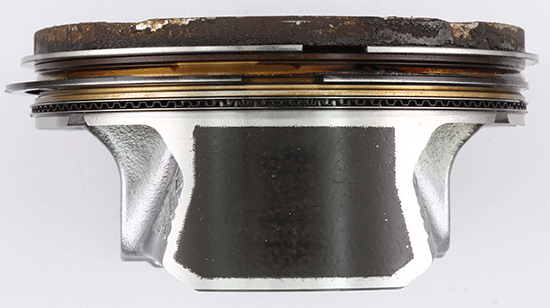
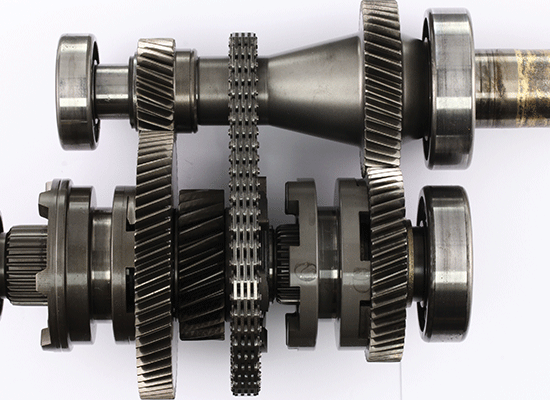
Those are impressive results for machines built for demanding work. But is there an equivalent ATV & UTV oil for protecting powerful, turbocharged off-road sport vehicles, designed to deliver handling and drivability that rival their automotive counterparts?
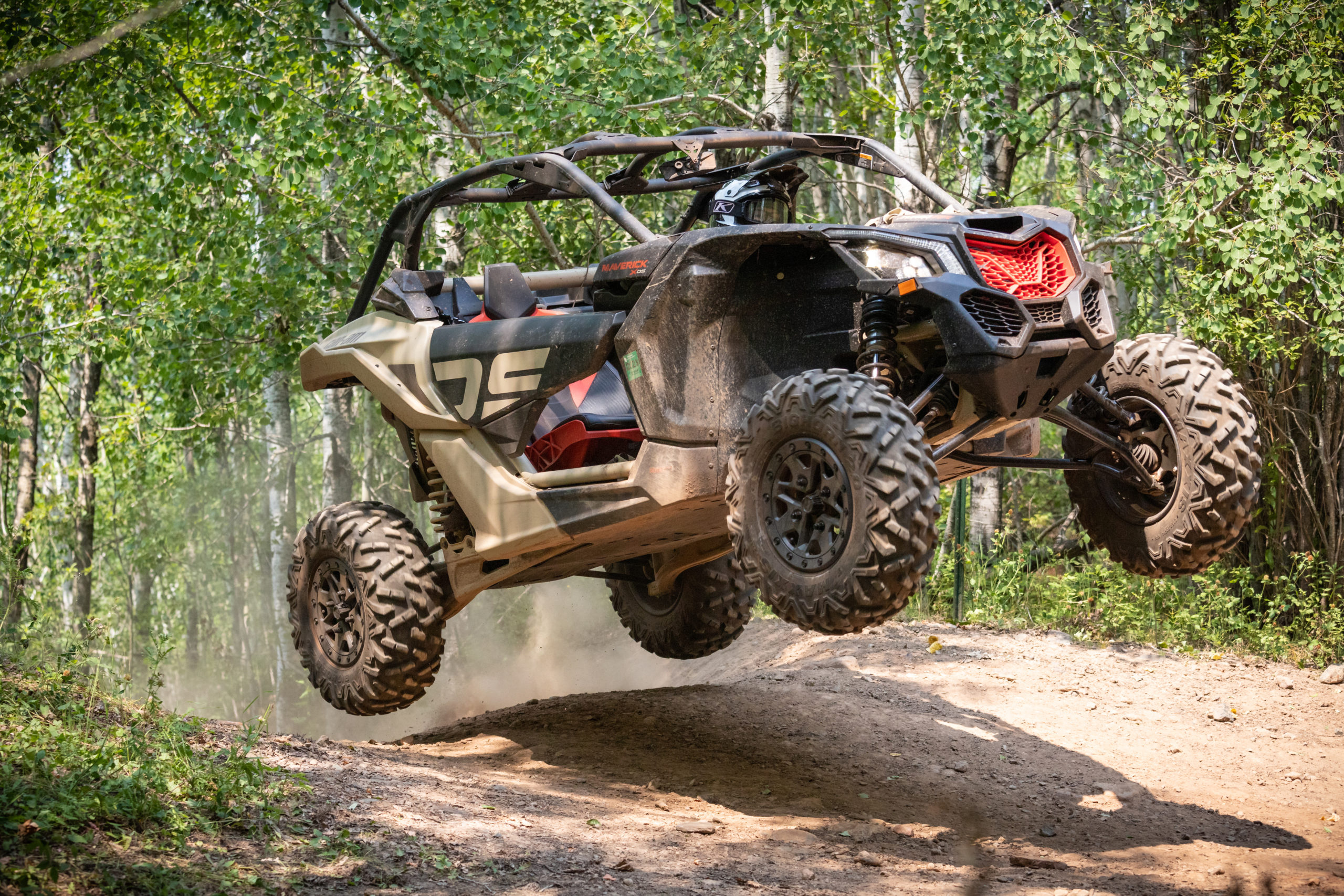
Can-Am* Maverick* Extreme Torture Test:
Next, we tested AMSOIL products in one of the fastest and most powerful UTVs available: the Can-Am Maverick X3 DS Turbo RR. Here are a few of its gaudy stats:
- 1,500-lb. dry weight
- 195 hp
- 153 lb.-ft. torque
- 0-60 mph (97 km/h) in 4.3 seconds
- 18 psi boost pressure
We installed AMSOIL Formula 4-Stroke® Powersports Synthetic Oil in the engine and SEVERE GEAR® 75W-140 Synthetic Gear Lube in the transaxle, because Can-Am specs an SAE 140 lubricant on this machine. Then we tested it on the dyno:
- 100 hours (3,421 miles [5,028 km])
- Maximum 8,000 rpm
- 244°F (118°C) maximum oil temperature
- 220°F (104°C) maximum transaxle temperature
The test included periods of wide-open throttle to simulate climbing hills or sand dunes, followed by periods of mid- and low-throttle to simulate slowing down for corners and other obstacles.
Alternating between wide-open throttle and throttling down creates severe heat cycles that invite deposits and varnish on the pistons, rings, turbo bearing and other components.
Stuck rings reduce engine compression, which also reduces power. Excessive piston crown deposits can lead to damaging pre-ignition, while deposits on the turbo bearing or shaft, called turbo coking, can reduce turbo performance and life.
Results
Check out this video to see how AMSOIL products performed in the Can-Am Maverick.
As the following images show, AMSOIL Formula 4-Stroke Powersports Synthetic Oil delivered outstanding protection despite strenuous operating conditions.
The piston skirt contains no deposits, scuffing or scoring. The piston crown demonstrates normal, light deposits given the extreme conditions. The piston rings are free and did not stick, maintaining maximum engine compression and power.
The turbo bearing appears in like-new condition and contains no deposits or noticeable wear, which is impressive given the extreme heat in this test.
The oil performed flawlessly despite the extreme conditions and proved its ability to protect today’s powerful, turbocharged UTV engines for maximum service life and performance.
The transmission gear also contained no scuffing, scoring or deposits and remained in like-new condition.
